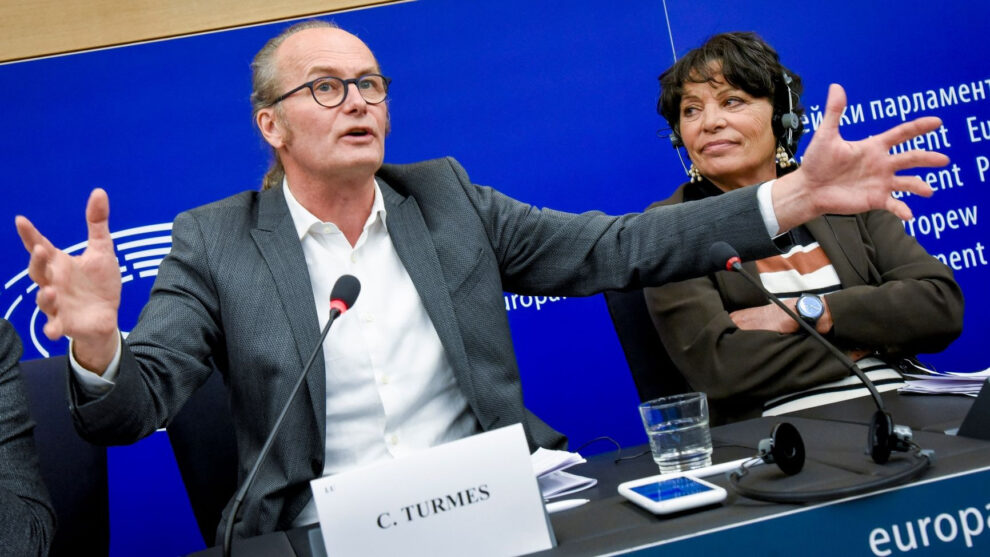Negotiators from the European Commission, member states and the European Parliament are due to meet on Thursday for a trialogue on the energy efficiency bill.
A tussle over the energy efficiency target of forthcoming energy legislation risks delaying agreement on the bill before a new round of negotiations on Thursday (March 9).
Negotiators from the European Commission, member states and the European Parliament are due to meet at 2 p.m. on Thursday for a trialogue on the energy efficiency bill. But while some hope negotiators will find common ground, lack of progress on the overall energy savings goal could jeopardize a deal.
“This trialogue is doomed,” an EU diplomat told EURACTIV following a meeting of EU member states’ ambassadors (COREPER) on Wednesday and disagreement among member states over the level of ambition to be achieved. adopt.
The European Commission initially proposed to set the energy savings target for 2030 at 9%. However, due to the war in Ukraine and the energy crisis, it raised this ambition to 13%.
For its part, the European Parliament has decided to insist on an objective of 14.5% energy savings.
Member States are also divided on the level of ambition to adopt. After the COREPER meeting, an EU diplomat told EURACTIV that ten member states wanted to stick to the 9% target. These are Poland, Romania, Slovenia, Bulgaria, Ireland, Finland, Spain, Luxembourg, Hungary and Malta.
Ten others are flexible on the target, the source added, including France, Italy, Portugal, Greece, Slovakia, Latvia, Lithuania, Czech Republic, Netherlands and Belgium.
Those who are for the 13% are Germany, Denmark, Austria, Estonia, Croatia and Cyprus, according to this same source.
Another EU diplomat confirmed that Poland was against raising the target and that Austria, Denmark, Germany and Estonia were in favor of a higher ambition.
The European Parliament on Wednesday (14 September) backed a binding target to reduce bloc energy consumption by 14.5% by 2030, presaging tense negotiations with reluctant member states.
“Too few are ready to move forward”
Arianna Vitali of the Coalition for Energy Savings, believes that most Member States support energy saving in theory, but not in practice.
“Too few of them are ready to move towards REPowerEU’s 13% ambition,” she told EURACTIV.
“To ensure that the benefits of energy efficiency materialize for citizens and businesses, ambition and applicability must go hand in hand,” she continued.
Meanwhile, the European Parliament is sticking to its guns.
“We are ready to reach an agreement with the Council. But they need to seriously raise the level of ambition of energy efficiency targets for the benefit of the climate, citizens and our common security,” Niels Fuglsang, Parliament’s rapporteur on the issue, told EURACTIV . .
Negotiations on the law progressed slowly, and hopes of an agreement before the end of 2022 were dashed in December.
At the time, a parliamentary source told EURACTIV that negotiators were more than halfway there, having agreed on a “substantial amount of articles”, but added that it boiled down to the main political issues.
EU negotiators will meet this Thursday afternoon to discuss the law and possibly reach an agreement. According to an EU diplomat, bilateral talks could also take place with member states still skeptical about raising the headline target, to try to reach an agreement.
Source: Euractiv
















